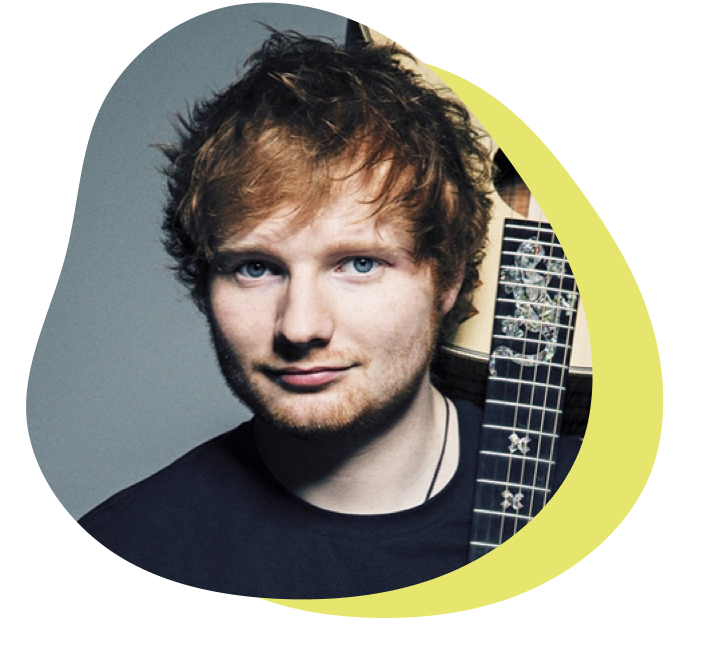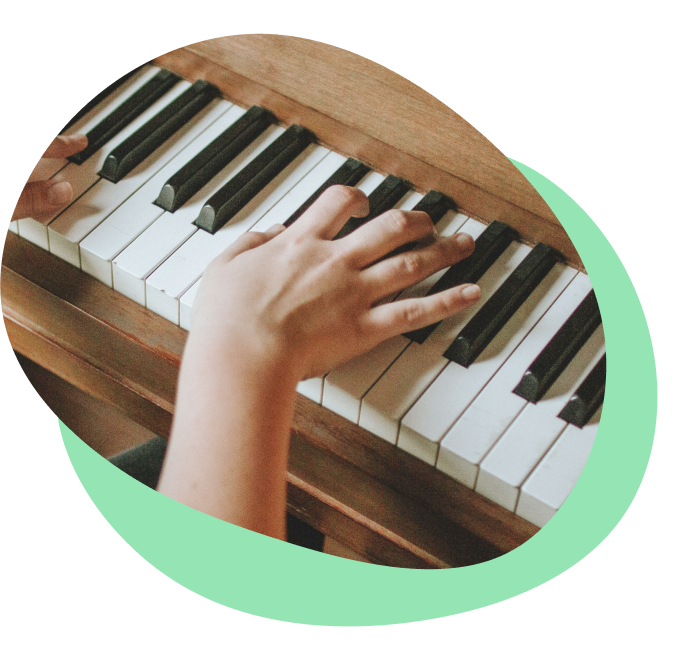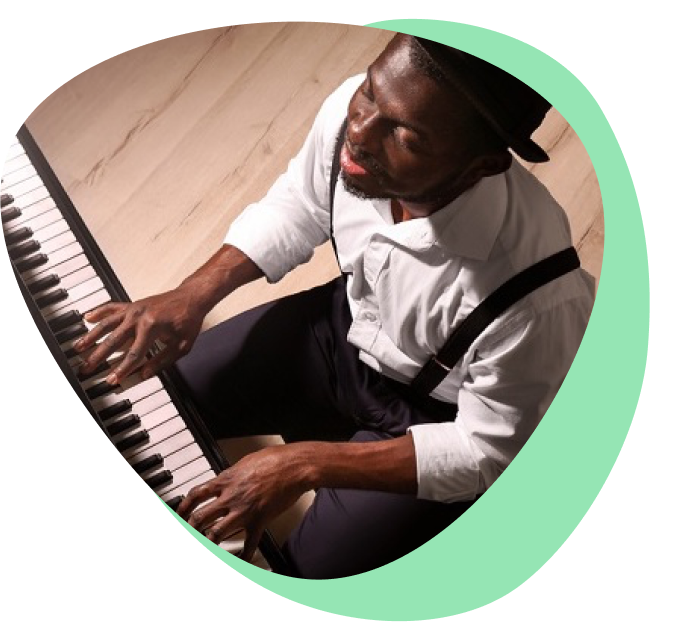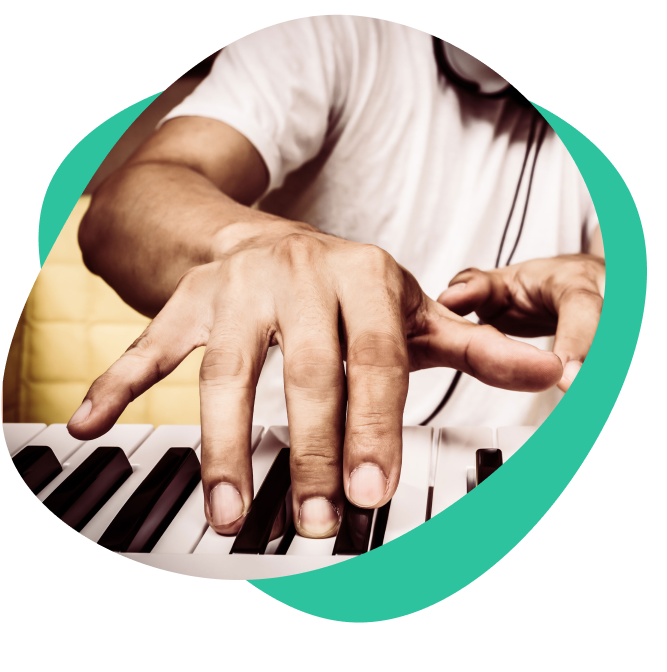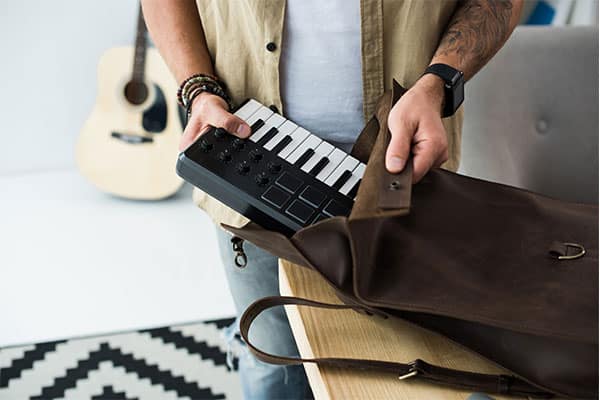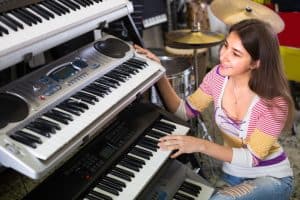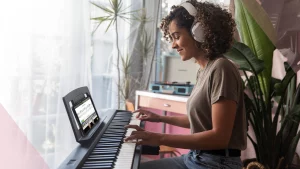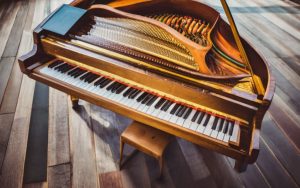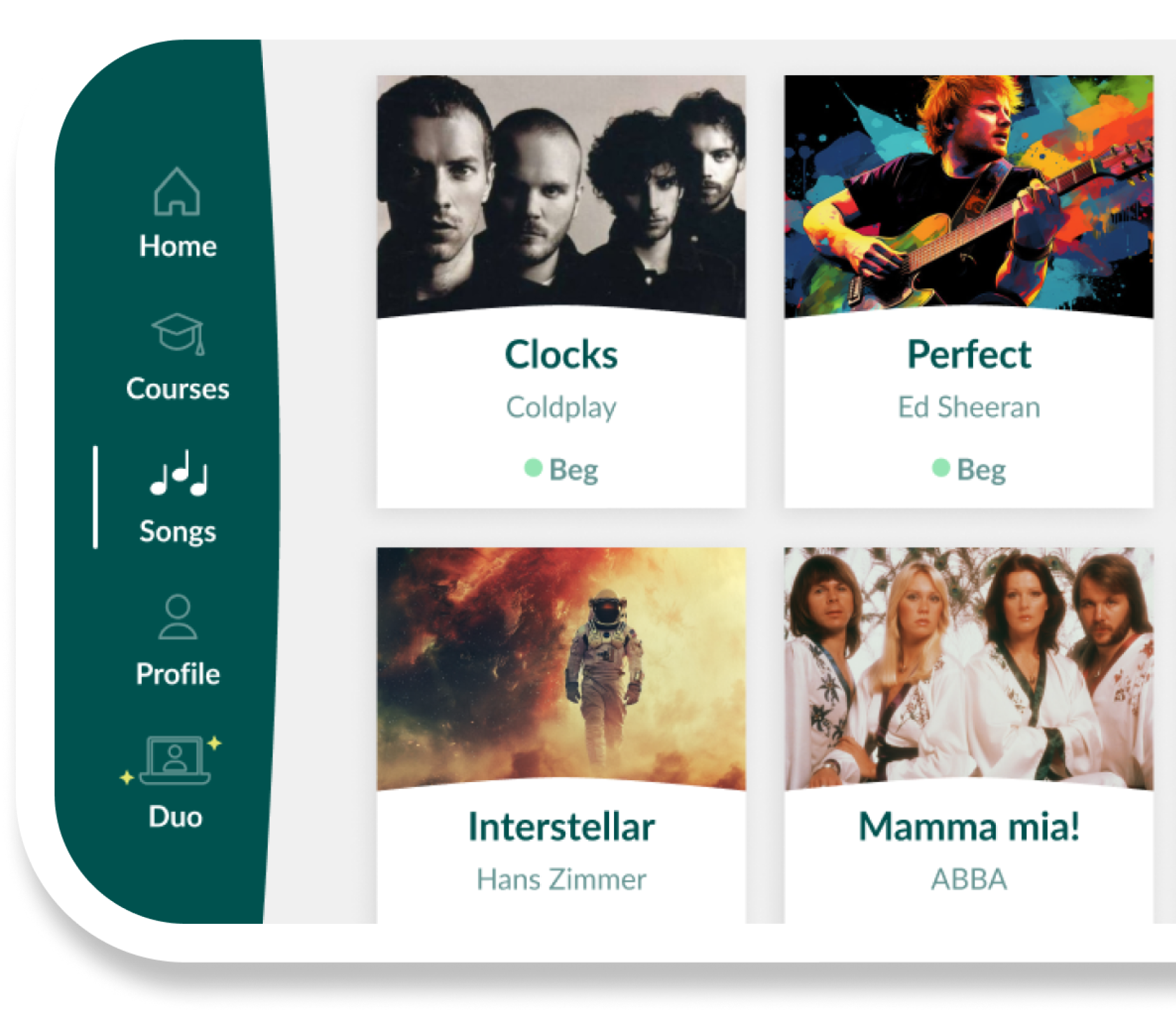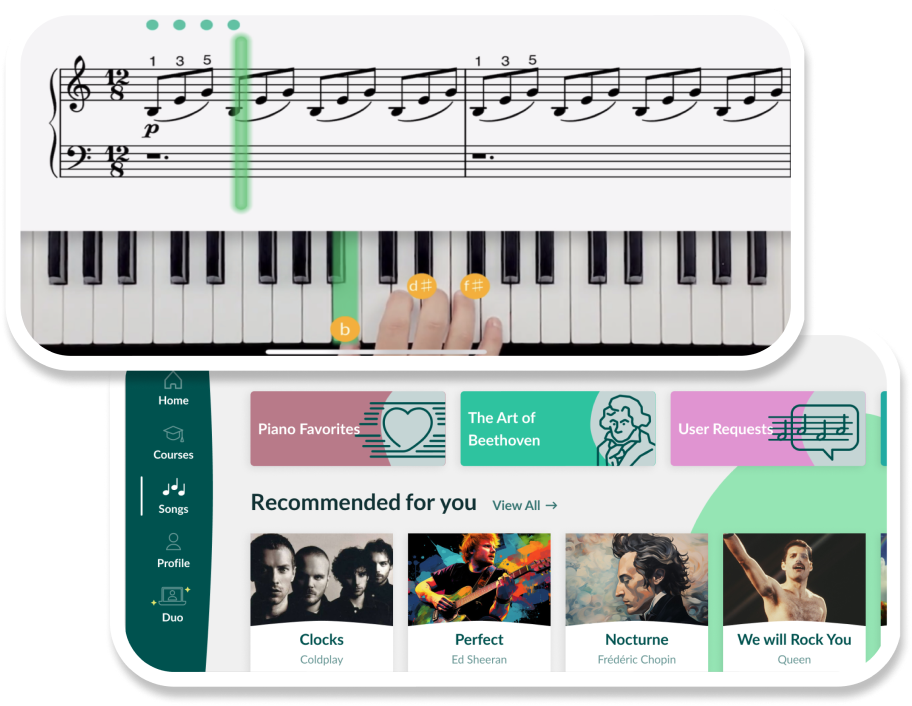I was on a flight the other day and I saw a guy taking out a guitar which looks like it was designed for travel. He plugged a small set of headphones into it, and started playing. I could hear a bit from the strings, but it was quiet. He got in a solid hour of practice. He didn’t bother anybody. I was envious! I got talking to my travel companion about how people can maintain a practice schedule while they travel. Clearly, this guitar player had it figured out, but it’s a little harder for a pianist to whip out a piano on a travel.
There are a number of piano keyboards you can travel with, especially the smaller, 61 note keyboards. But they need to travel in a protective case, and it would be difficult to take them as hand luggage. There are several “roll-up” pianos on the market which are worth checking out and are small enough to be hand luggage. But although these are good options, these aren’t practical to set up on your journey when you’re in a cramped space. (This might work if you’re travelling first class or if you have a row of empty seats, however this is not going to be the case for most of us!)
If you’re on a plane, a train or a bus, there are a few ways you can practice productively without a keyboard and without driving people around you crazy.
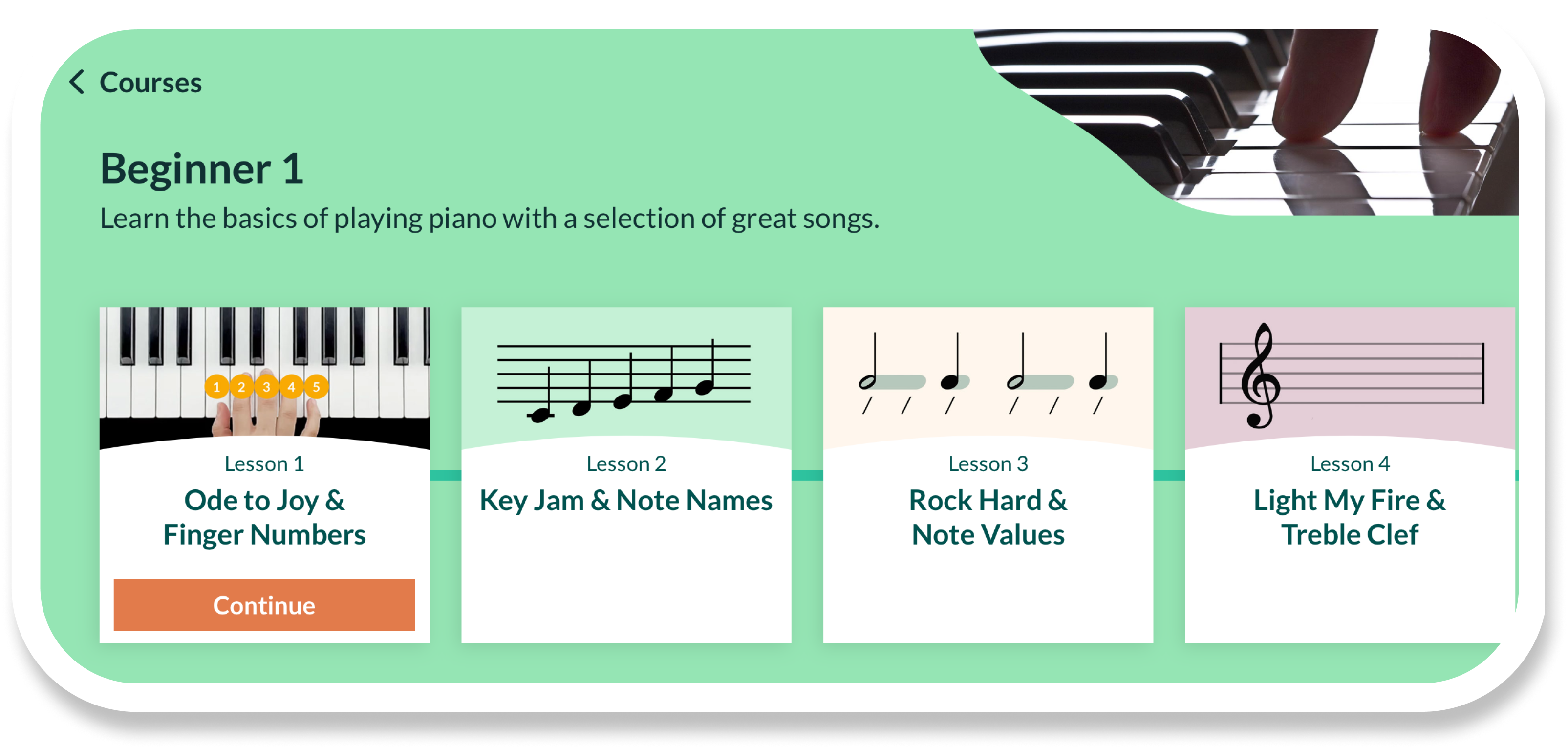
Listen to the piece you’re studying
This is probably the easiest thing to do. Use your headphones to listen to the piece several times. You can listen to a professional recording, and then listen to a previous recording that you made yourself and compare the performances. See if you can pick up some ideas from the pro performance to incorporate into your own.
“A Sky Full of Stars” by Coldplay can be an amazing track to play on the piano and to be in your “Travel Playlist”.
See yourself playing the piece
This is a powerful thing to do. Olympic athletes are famous for doing this. They close their eyes, go into a kind of meditation and see themselves performing their sport in such detail that their muscles twitch. You can do this while playing the piano. It takes immense concentration and it’s a skill you can cultivate with practice. It has great benefits – almost as though you’ve done the work on the piano – if you can stay focused.
Invest in a portable MIDI keyboard
A midi keyboard is the ideal item to practice while traveling. Once connected to your computer they will let you play the piano pretty much anywhere and they are quite affordable. The KORG microKEY Air and microKEY 2 series range for example from €70 to €100 and provide excellent playing sensations as they are well-fitted for complex chords and fast phrases.
Our recommendation to travelers: The KORG microKEY Air 25
- Affordable
- Very compact
- Good autonomy
- Bluetooth connection
- Compatible with iPad and iPhone
Bonus: it comes with many packages of music software, including 3 months of Skoove Premium!

Play on your tray table
Let’s say you’re learning a piano piece that has some difficult left-hand patterns in it. And if you are having difficulties reading notes for the left hand on piano, you should check our previous blog post. You could do the work on your drop-down table, but you DO run the risk of irritating people around you. To test this, I played Beethoven’s “Für Elise” on my drop-down table during the flight mentioned above. The guy sitting next to me, (whom I didn’t know) named the piece right away, which impressed me. But I felt idiotic and I wouldn’t want to do that for an hour. I’m sure he wouldn’t want me to either!
If you want to be familiar with one of the most popular pieces written by Beethoven, Skoove provides this lesson:
Aside from these things which you can do while traveling, you might want to do more serious practice than this. In other words, you may be craving to play an actual piano.
Good hotels have pianos
When you check in to a hotel, you can ask if they have a piano that you might be able to use. Once you’re there, chances are nobody is going to bother you. Some hotels have pianos in their lobby, some in their dining room and some in a special event room. I have played piano in hotel lobbies and ended up with an audience. The hotel like this. However, for serious practice, an empty event room is most productive and you can really get stuck into your work.
High level hotels have pianos in some of their best rooms. If you can’t spring to that, you can ask a receptionist if you can use a room with a piano for a few minutes. Once you’re there they’ll forget and you can do an hour’s practice. This is a bit of a long shot, but it’s always worth a try.
In Liverpool, England, there’s a hotel called “Hard Day’s Night”. Everything about the hotel is to do with the Beatles of course. You can play the most covered song of all times “Yesterday” by The Beatles with Skoove.
This famous hotel has a room called “The John Lennon Suite” and it has a white baby grand in it. I went to “Hard Day’s Night” for a drink one evening and after a strong cocktail, got up the courage to ask if they’d let me go and play the piano in this room. That was a No on that occasion, but you don’t get if you don’t ask!
Rent a room
Most major cities (and smaller towns) have practice rooms and recording studios that you can rent by the hour. New York City, London, Paris, etc, all have them. If you google piano practice room and add the name of the place you’ll be, you’re bound to find something.
Another avenue to pursue is music colleges. In London – the Royal Academy of Music, the Royal College and Trinity College – have practice rooms for their students. They might be happy to rent you one for an hour or two at short notice if they’re empty. You can book them online in advance, so you could plan this ahead of your trip.
In addition, the big-name piano manufacturers with stores in major cities rent practice pianos by the hour. Bluthner and Steinway Hall have a whole selection of practice rooms from $15 to $20 to an hour.
Perform!
Whatever the purpose of your travel, consider booking yourself to play a gig! It keeps your head in the music space and a reason to get your repertoire ready. Added benefit if you’re self-employed as a musician – doing this should make your trip a tax write-off.
So, before you go traveling and think there’s no point in taking your scores because you won’t be able to practice… think again! No more excuses!
Related article:
Try out your free trial of Skoove today!
Author of this blog post:

Lucas Welter. Being in love with music his whole life and having worked in a music store for over 7 years, Lucas started his blog as the “go-to” place for the most accurate and detailed information about the world of pianos and keyboards.



